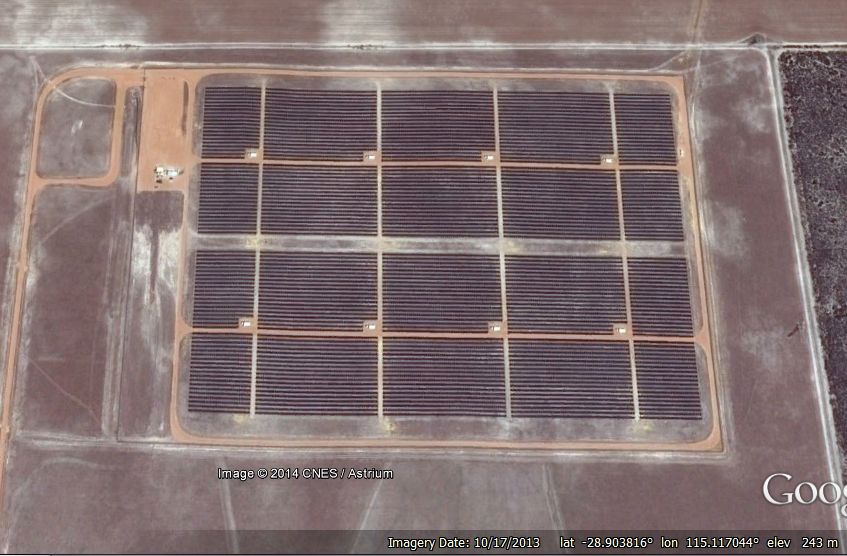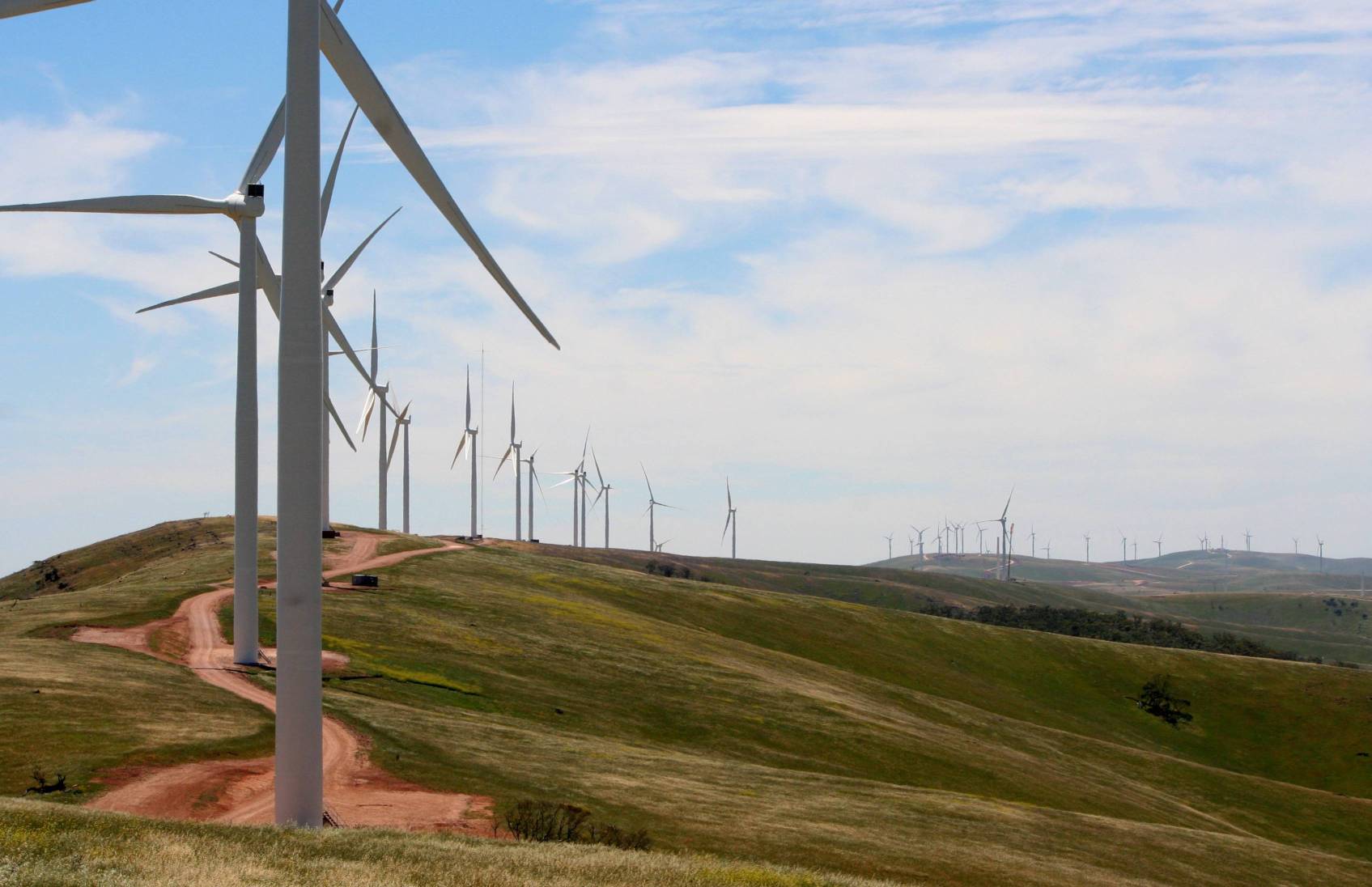Why go off-grid?
|
It is quite possible to stay on the power grid and buy very little power. Simply installing a solar PV system greatly reduces the amount of power you need to buy. If you install a home battery you could reduce it to near nothing, but still remain connected, for your own benefit, so that you can access power when your home system falls short and you can sell your excess power.
As stated in the introduction, there are good altruistic reasons for not disconnecting from the grid, but it is also very much to you own benefit to remain connected so that it is there when you might need it.
The fact that the selling price that you get paid when you put power into the grid is much lower than the buying price when you take power from the grid is mainly due to three things:
- A large part of the cost of supplying power is in the transmission and distribution network;
- The companies that run the power transmission and distribution system quite reasonably want to make a profit;
- You sell your power when you have excess and you buy power when you need it – there are big costs involved in balancing generation with consumption.
What will it mean to you, personally?
|
Apart from the high cost of securing your power supply when you go off-grid there are two main disadvantages:
- If you use less electricity than your system can generate the remainder will go to waste;
- If the sun isn't shining and your battery is flat you either have to run a generator (which is expensive to buy and run and is polluting) or you go without power.
If you go off-grid you will not be able to sell your excess electricity and no one else will be able to use it. If it did go into the grid it would displace an equal amount of 'dirty' fossil fuel-generated electricity.
How would you feel about it if a decision you made for selfish reasons adversely affected the nation's greenhouse gas production rates?
The amount paid for electricity that you feed into the grid varies between retailers but is probably around 8-12¢/kWh. If you have a solar system that is big enough to supply your needs in winter you will be able to sell quite a lot of power in the remainder of the year. The amount you receive for your excess electricity will likely be much more than the connection fee. If you go off grid you deny yourself this potential income.
Also, if you go off-grid, you deny yourself backup power should your home generation fall short or fail for any reason.
|
|
|
Some calculations
The following is based on figures provided in an article titled "Should I quit the grid?" written by Andrew Reddaway, printed in the magazine ReNew, which is published by the Alternative Technology Association.Reading 'between the lines' the article suggests that a 4kW solar installation is large enough to generate more power than many households' annual electricity consumption (and I would agree with this; especially for those people who were aware of, and cared about, their energy consumption).
|
A solar power system in southern Australia can be expected to have a capacity factor of about 18%. This means that a 4kW system will generate about 6300 kWh each year (4 × 0.18 × 24 × 365) and a 10kW system will generate about 15,800 kWh each year (10 × 0.18 × 24 × 365).
So, this off-grid home would generate about 15,800 kWh of power each year, but consume only about 6300 kWh. The difference, 9500 kWh of potential generation, would be wasted. If this house, with its annual consumption of 6300 kWh and 10kW of solar power stayed on the grid, that excess 9500 kWh would be fed into the grid. If the house was to remain on the grid it could displace 9500 kWh of fossil-fuel-generated electricity, reduce the nation's emissions by 5-10 tonnes of carbon dioxide each year (see CO2 released per kWh) and produce an income for the householder of $760/year (if the electricity was sold for $0.08/kWh to an energy retailer such as Diamond Energy).
|
|
What effect will the move off-grid have on the nation's greenhouse emissions?
|
If you care about climate change and ocean acidification, don't go off-grid.
Greenough River solar farm, WA
|
|---|

|
Google Earth image, 2014/06/17 This solar farm feeds clean power into the grid and that displaces fossil fuel electricity. Your solar PV can do the same with the power that you don't need – so long as you don't go off-grid. |
What will it mean to the power grid if most people exit?
The owners of the 'poles and wires' have huge investment in the high voltage transmission lines and in the many more kilometres of medium and low voltage power lines. They have, as businesses generally expect, received an income on their investment. If many people 'drop out of the system' the income inevitably declines.The bigger users of power will not be able to go off-grid. At present they get their power at lower prices than the rest of us, so even if they were able to generate enough power from solar PV, and store it sufficiently cheaply, for their needs, they could probably not do it at a profit.
How big will the impact of smaller users going off-grid be to those who run the grid? I am not willing to even guess.
|
|
How will the power industry react to the off-grid move?
This is a very difficult question. At present they seem to be reacting to declining demand by increasing their charges, but of course this will encourage more people to install solar or leave the grid. As mentioned above, this trend, feeding on itself, has been called the death spiral of the power networks.Ironically, at the same time, an increased amount of renewable energy on the grid is forcing wholesale power prices down.
The situation is complicated in a state such as South Australia where the
power supply system is split between a number of more-or-less independent
businesses; there are the power generators, the
company that runs the high voltage long distance transmission lines, the
company that runs the medium to low voltage distribution lines, and the
power retailers.
All will be affected by the off-grid move.
Maybe each will react in a different way?
What will it mean to most of our renewables – wind farms, big solar, hydro

|
|
Snowtown Wind Farm |
In 2014 most of the renewable electricity in Australia is coming from hydro and wind power. Only about half as much is coming from solar as from wind farms.
Plainly, if the grid was to fail, for economic or any other reasons, the hydro stations, big solar stations, and wind farms would become stranded assets. In 2015 this seems unlikely to happen any time soon, both because the bigger consumers of power will probably have to continue to rely on the grid and because there are many smaller consumers who have not installed solar power.